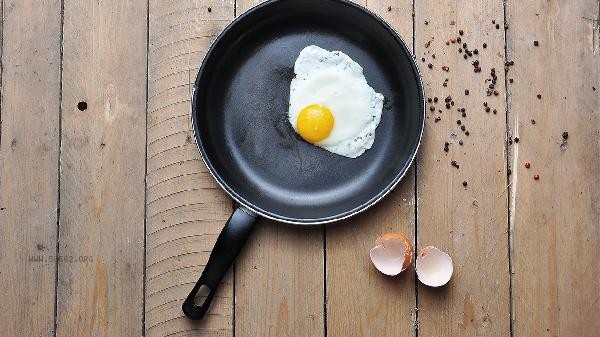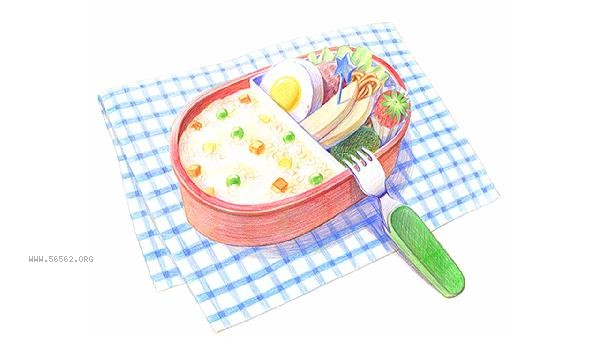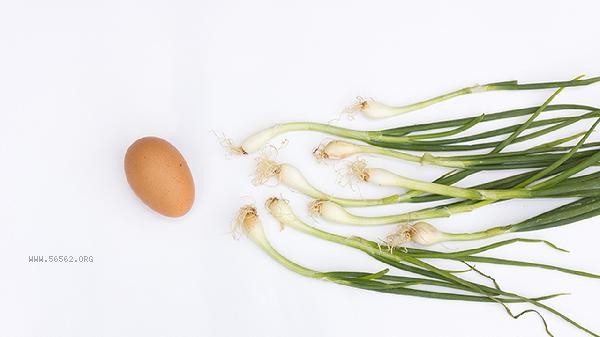The key to long-term preservation of eggs without spoilage lies in controlling temperature, humidity, and cleanliness, mainly including refrigeration storage, cleaning treatment, avoiding water washing, blunt end facing up, and isolating odors.

1. refrigerated storage
Placing eggs in the refrigerator compartment is the most effective way of storage, as maintaining a temperature of around 4 degrees Celsius can inhibit bacterial growth. It is recommended to use original paper boxes or covered containers when refrigerating to avoid eggshell adsorption of refrigerator odors. Please note that eggs that have been refrigerated should be consumed within 2 hours after removal to avoid repeated freezing and thawing, which may lead to a decrease in quality.
2. Cleaning Treatment
There is a natural protective film on the surface of fresh eggs, and excessive cleaning can damage this barrier. If the eggshell is stained with dirt, it can be gently wiped with a dry cloth, and if necessary, cleaned with a slightly damp cloth and immediately dried. Farm purchased eggs with manure should be stored separately to avoid cross contamination.
3. Avoid washing with water
Washing with water will wash away the cuticle layer on the surface of the eggshell, exposing the pores and increasing the risk of bacterial invasion. If cleaning is necessary, use warm water slightly above the temperature of the egg, wipe dry immediately after cleaning, and consume as soon as possible. Pre cleaned eggs sold commercially have been professionally disinfected and do not require secondary treatment.

4. Blunt end up
When storing eggs, keeping the blunt end up can maintain the stability of the chamber, delay the yolk from floating up, and prevent the frenulum from loosening. Using a dedicated egg holder can prevent rolling damage, and stacking should not exceed three layers. This method, combined with refrigeration, can extend the shelf life to more than 5 weeks.
5. Isolate odors
Eggshells are breathable and should be kept away from strongly scented foods such as onions and garlic. It can be wrapped in a sealed box or fresh-keeping bag, while avoiding direct contact with raw meat and seafood. Although traditional preservation methods such as soaking in lime water can isolate the air, they can alter the taste and are not recommended for modern households.

In addition to the above methods, it is important to regularly check the freshness of eggs. Eggs can be immersed in water, with those that sink to the bottom being fresh and those that float being spoiled. Choose eggs with a recent production date when purchasing, and prioritize refrigerated products in summer. It is recommended to consume loose eggs within two weeks, and check the shelf life of boxed eggs. If cracks or mold are found on the eggshells during storage, they should be discarded immediately. When cooking, ensure that the egg whites and yolks are completely solidified to avoid the risk of Salmonella infection. Reasonably preserved eggs can ensure food safety while maximizing their nutritional value.








Comments (0)
Leave a Comment
No comments yet
Be the first to share your thoughts!